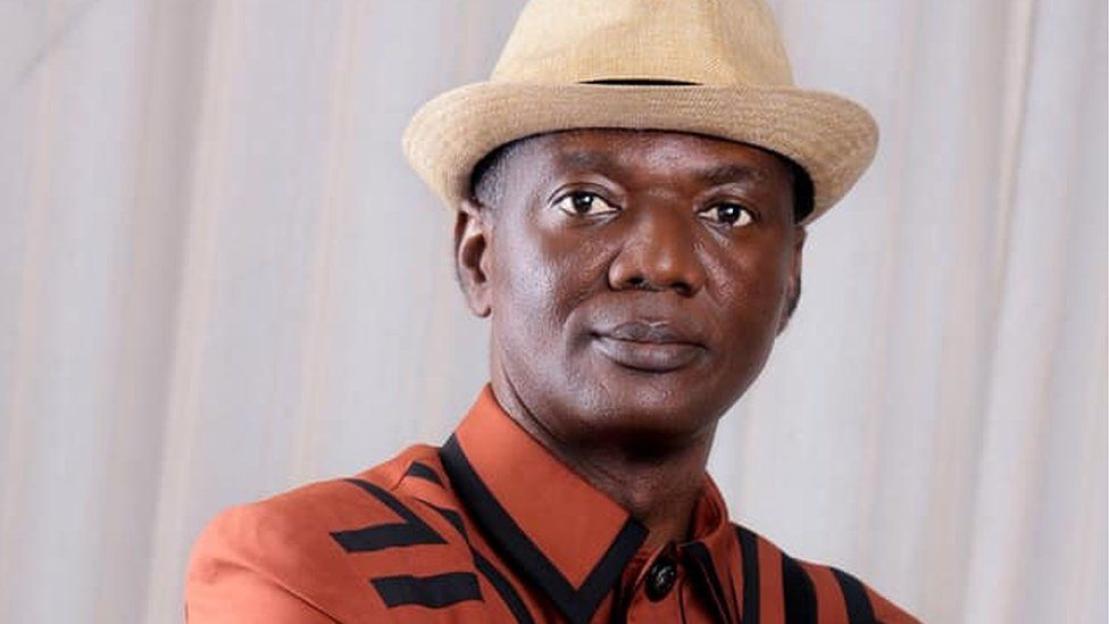A cross-section of Bayelsa indigenes, under the aegis of the Indigenes Without Borders Foundation, IWBF, on Tuesday criticised the mode of service of the impeachment notice on the Deputy Governor of Bayelsa State, Lawrence Ewhrujakpo.
They argued that the deputy governor should not be victimised for refusing to defect from the Peoples Democratic Party, PDP— the platform on which he was elected as the number two citizen of Bayelsa — to the ruling All Progressives Congress, APC.
Last month, Ewhrujakpo declined to join Governor Duoye Diri and other State Assembly lawmakers in defecting to the APC, a development reported to have angered the governor.
Speaking to journalists in Abuja at a press briefing, a member of the IWBF board of trustees, Hon. Patrick Michael, said the service of the impeachment notice on Ewhrujakpo was flawed because it did not follow due process.
He explained that the deputy governor was only served the notice a day after the governor’s defection to the APC, through a statement published in newspapers rather than being served personally, as required by law.
The IWBF, a Non-Governmental Organisation, insisted that Bayelsa indigenes would not stand by while the deputy governor is victimised by some members of the Bayelsa State House of Assembly without justification.
In the impeachment notice, dated 15 October 2025 and signed by 14 Assembly members, the lawmakers accused the deputy governor of gross misconduct, absconding from office, and neglecting his official duties.
They further alleged that Ewhrujakpo failed to resign his PDP membership during a political realignment meeting purportedly held at the Bayelsa State Government House, Yenagoa, on the same day.
According to the letter, the deputy governor’s alleged conduct constitutes gross misconduct in the performance of his duties, warranting investigation and possible impeachment under constitutional provisions.
The notice reads in part: “Take notice that there is a notice of allegation against you of gross misconduct in the performance of your duties as Deputy Governor, Bayelsa State. A copy of the allegation is attached for your response in writing.”
The Assembly members urged the Speaker, Rt. Hon. Abraham Ingobere, to serve the notice on the deputy governor and commence investigative proceedings in line with Section 188 of the Constitution.
Signatories to the notice include prominent members of the Bayelsa State House of Assembly, namely: Rt. Hon. Abraham Ingobere (Brass Constituency 3), Dr. Charles Daniel (Brass Constituency 1), Tari Porri (Ekeremor Constituency 1), Living Mitin (Ekeremor Constituency 2), Michael Ogbere (Ekeremor Constituency 3), Werinipre Pamoh (Kolokuma/Opokuma Constituency 1), Richard Ibegu (Ogbia Constituency 1), Sunday Bernard Kennel (Sagbama Constituency 2), Mrs. Ebizi Ndiomu-Brown (Sagbama Constituency 3), Bonny Inikiyo Ayah (Southern Ijaw Constituency), Monday Bubo Obolo (Southern Ijaw Constituency 1), Moses Marlon (Southern Ijaw Constituency 3), and Mrs. Ayibanengiyefa Egba (Yenagoa Constituency 1).
However, a Federal High Court sitting in Abuja has ordered the Bayelsa State House of Assembly, its Speaker, and five others to appear before it to show cause why they should not be restrained from taking any steps to impeach the deputy governor pending the hearing and determination of a motion on notice to that effect.
Justice Emeka Nwite issued the order on 27 October, while ruling on an ex-parte motion (FHC/ABJ/CS/2219/2025) filed by the Bayelsa State Deputy Governor against the State House of Assembly, its Speaker, the Inspector General of Police (IGP), the Director of the Department of State Services (DSS), the Attorney General of Bayelsa State, the Chief Judge of Bayelsa State, and the Clerk of the House.
In the motion, filed on 17 October, the plaintiff sought an interim injunction directing the defendants to appear and show cause why the injunction should not be granted, restraining them from removing or impeaching him as deputy governor in contravention of Section 188(5)–(11) and Section 36(1) of the Constitution of the Federal Republic of Nigeria, 1999 (as amended), based on his decision not to defect from the PDP to the APC or any other registered party before completing his four-year tenure.
Ewhrujakpo also sought orders restraining the defendants from initiating impeachment proceedings or recognising any APC member as deputy governor, as well as preventing the withdrawal of his security protection.
After considering the supporting affidavit sworn by Kareem Henry and hearing arguments from the plaintiff’s counsel, Reuben Egwuaba, the court granted the first prayer in the interest of justice.
Justice Nwite stated: “An order for the 1st, 2nd, 3rd, 4th, 5th, 6th and 7th defendants to appear and show cause why an order on interim injunction should not be granted” pending the hearing and determination of the motion on notice for interlocutory injunction, which seeks to restrain the defendants from taking any steps to impeach the deputy governor.
The court adjourned the case until 13 November for the hearing of the motion on notice for interlocutory injunction.
As of press time, neither the deputy governor nor his media aides had issued an official statement regarding the allegations.
Political observers note that the developments may signal deepening divisions within Bayelsa State’s political structure, particularly following recent shifts in party loyalty involving the governor and several Assembly members.






